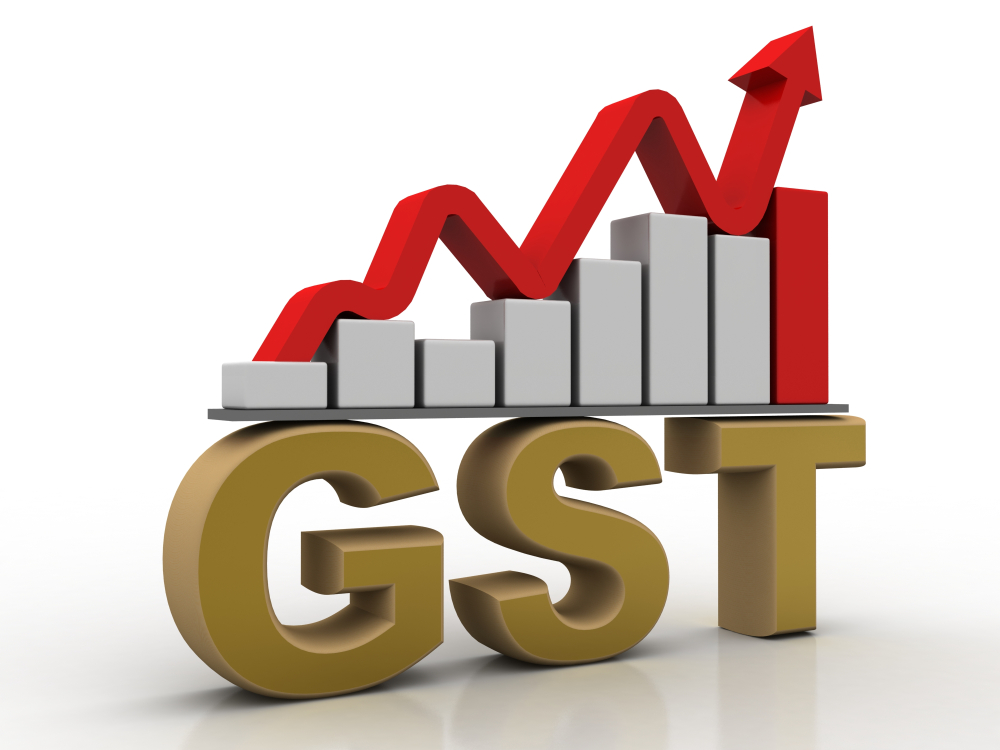GST Registration with the Experts of Indilens Web Solutions
Interstate trading is impossible without having a GST number. It is possible only after registering the business under GST.
Expansion of business online
You must acquire a GSTIN if you are willing to compete with big brands like Amazon, Flipkart, Shopify, Paytm on ecommerce platform or through your own website.
Get Input Tax Credit
If you have a GST Number, you can avail Input Tax Credit while filing for GST return.
Interstate sales without restrictions
You can sell your products in other states only after completing the registration for GST.
GST Registration – Overview
Businesses must register as regular taxable persons under the Goods and Services Tax (GST) if their annual revenue exceeds the threshold limit of Rs. 40 lakhs (in case of goods), Rs. 20 lakhs (in case of services), or Rs. 10 lakhs, as applicable. GST registration is the term for it.
It is mandatory to generate the GSTIN if annual turnover exceeds the above prescribed limit. If the company conducts business without registering for GST, it is an offence and faces severe penalties.
It typically takes 4 to 6 working days to register for GST. In 3 simple steps, Team Online Legal India can assist you in obtaining GST registration more quickly.
Types of GST Registration
Regular, sporadic, non-resident and e-Commerce operators are some of the different GST registration categories. Casual taxpayers, non-resident taxpayers, and e-Commerce enterprises must register for GST regardless of the turnover criteria.
Casual Taxable Persons
According to the GST Act, a casual taxable person is a person who sporadically offers goods or services in a State or a Union territory where the firm doesn’t have a fixed location. Individuals running roaming businesses at shows or seasonal operations would so be regarded as casual taxable people under the GST.
Non-resident Taxable Persons
A non-resident taxable person is any person, corporation, or organisation that offers goods or services subject to the GST but does not have a permanent place of business or habitation in India (NRI). Because of this, any foreign person, business, or organisation that provides goods or services to India would be regarded as a non-resident taxable person and would have to follow all applicable GST legislation in India.
E-Commerce Operators
An “electronic commerce operator” is somebody who owns, operates, or oversees a digital or electronic facility or platform for electronic commerce. Anyone who sells online can be categorised as an e-Commerce Operator and is consequently needed to register for GST, regardless of the amount of business earnings.

